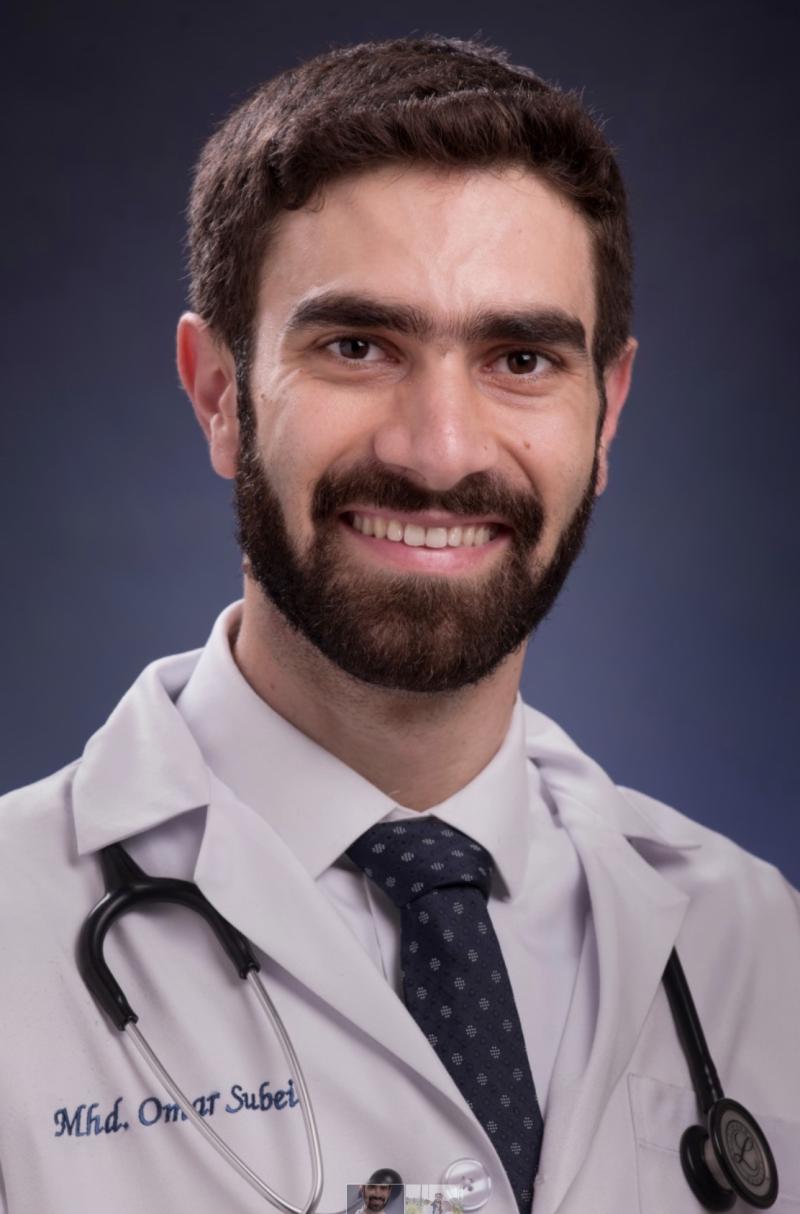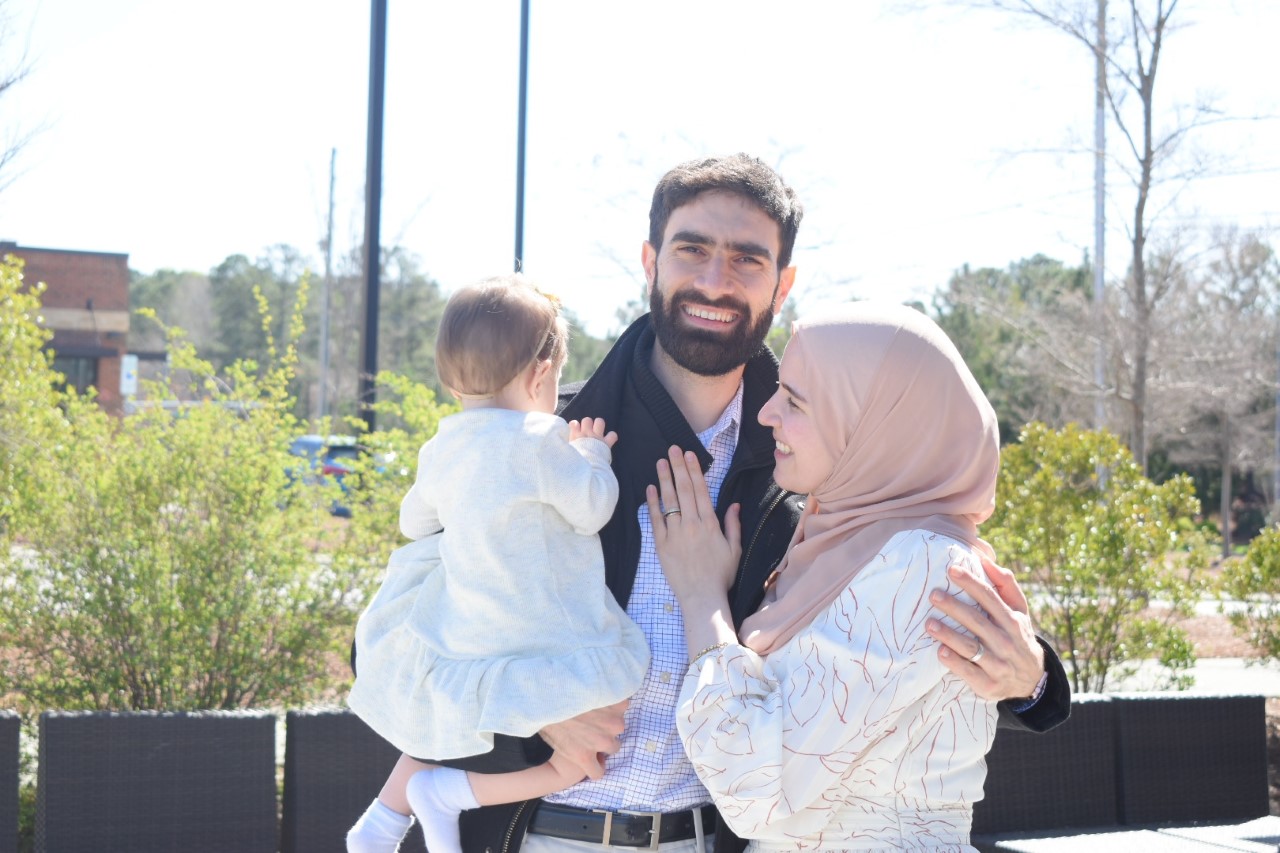
As both a medical student and resident, M. Omar Subei, MD, was fascinated by the brain and the complex operations of this still largely unknown organ. Now as a second-year epilepsy fellow, Subei is refining his EEG skills, catching up on the latest advances in epilepsy literature and attending epilepsy clinic. In our first Spotlight interview of 2023, Subei talks to us about his loves of learning about epilepsy while teaching other trainees and medical students, and how he was moved after seeing pictures of an epilepsy patient driving for the first time after a successful resection. He also shares his loves of boating and time outdoors when he’s not at Duke.
What are your current responsibilities as an epilepsy fellow? What does a typical day look like for you?
As a second year epilepsy fellow, I focus on refining my EEG reading skills, but also on better understanding intracranial EEG monitoring. My day begins by reading prolonged studies in the morning, and in the afternoons I attend epilepsy clinic or read short studies.
How and when did you get interested in neurology? How did you decide to specialize in clinical neurophysiology and epilepsy in particular?
It's been a while since I made that decision! Nevertheless, I was (and still am) fascinated by the mind. The fact that there remains so much unknown about how the brain operates despite all our technological advances motivates me to continue to read and learn about neurology. The same goes for epilepsy, where I enjoy integrating semiology, EEG, and imaging to try and predict the precise seizure focus.
You presented an abstract on seizure recurrence and management in antibody positive autoimmune encephalitis at the recent Annual Epilepsy Society meeting in Nashville. What were the main findings of this study, and how will they help us better understand or treat epilepsy?
Autoimmune encephalitis, and more so autoimmune epilepsy, is a relatively new and growing field of research. We followed patients who had epilepsy related to autoimmune encephalitis to try to understand the patterns of recurrence in these patients and see if we can correlate recurrence with the type of antibodies. We hope this will help us and others in deciding how to manage patients who present with new onset seizures in the setting of autoimmune encephalitis, since our study showed that while some will not benefit from antiseizure medications, others will likely need them and respond very well to them.
What plans do you have for after you complete your fellowship? If you could have any job in the world, what would it be?
If I could have any job in the world, it would be one where I would be an educator for fellows, residents, and medical students while also learning from experts in the field of epilepsy at the same time.
What’s one experience from your time as a fellow so far that’s been especially memorable or useful for you?
One of the most memorable experiences was seeing one of our pediatric patients with intractable epilepsy following a resection. The patient was doing extremely well, and showed us pictures of himself driving a car for the first time after finally achieving seizure freedom. Stories like these remind me of the reason I chose epilepsy as my area of practice, and motivate me to reconsider my approach to every patient.
What do you enjoy most about your work?
My favorite part of the week is our surgical case conference, where we discuss patients planned for epilepsy surgery. I enjoy the discussions we have amongst our multidisciplinary team as we hypothesize the location of the epileptogenic zone and debate what the next step in the patient's management is.
What’s the hardest part of your job?
It's also our surgical case conference! While I enjoy discussing our surgical cases immensely, they are almost always very complex cases where the correct approach is challenging to arrive at. I always find it enlightening to hear the different opinions around the room gradually converge to an approach that the rest of the group supports.
What other passions or hobbies do you have outside of the Department?
I'm fascinated by nature, and perhaps one of my favorite pastimes is boating. It helps me relax after a busy week of work, and when I'm lucky I might catch a few fish that I can cook when I come back!
